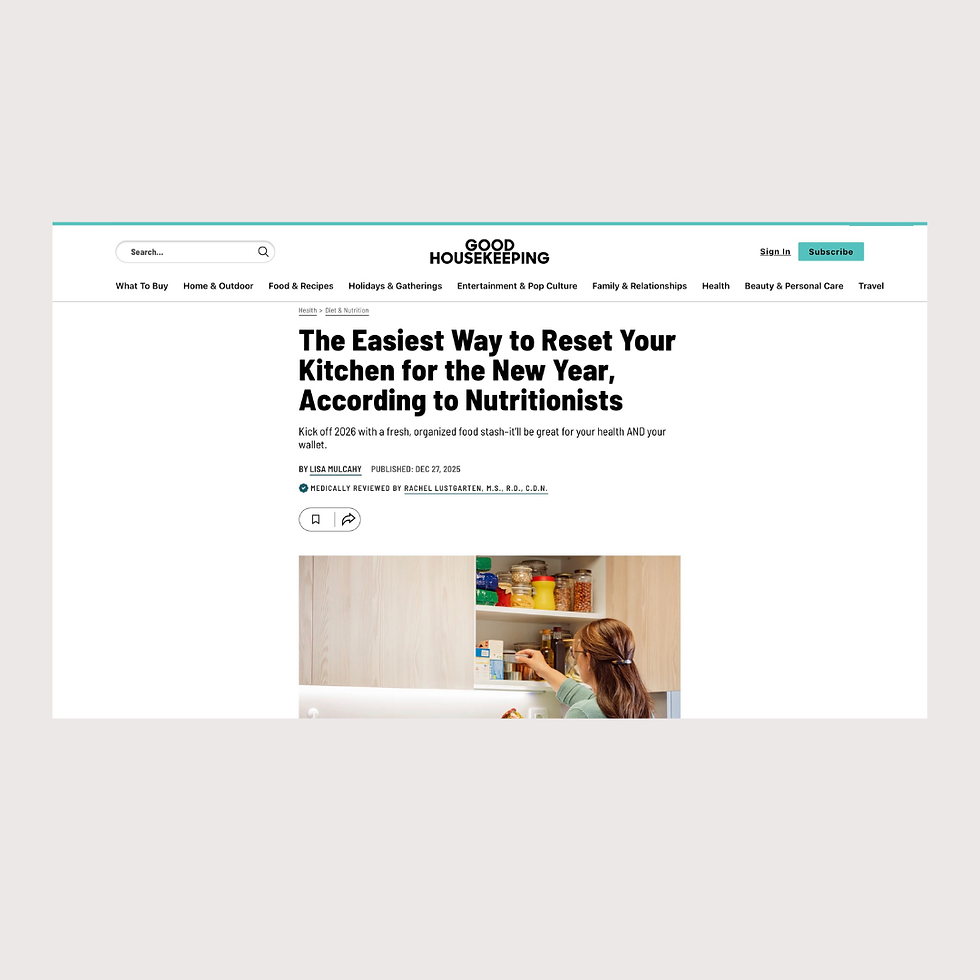Navigating the Turbulent Waters of Young Adulthood: A Guide for Empowered Black Women
- Elena Grant MA, LAPC, NCC

- May 30, 2023
- 3 min read

Welcome to the world of young adulthood, a time of exploration, growth, and self-discovery. This blog is dedicated to all the vibrant and ambitious young Black women out there who are navigating the complexities of intimate relationships, college stress, alcohol, drugs, and everything in between. #mentalhealthawarenessmonth #womenshealthmonth
In this guide, we will delve into these topics with a focus on empowerment, self-care, and making informed choices, while highlighting the unique experiences and challenges faced by Black women.
1. Building Healthy Intimate Relationships:
a) Understanding Consent: According to a study, 64% of Black women have experienced sexual violence, emphasizing the importance of enthusiastic consent, communication, and boundaries.
b) Recognizing Red Flags: Black women are more likely to experience intimate partner violence, making it crucial to identify signs of unhealthy relationships and promote self-worth.
c) Nurturing Emotional Well-being: Black women often face intersecting oppressions that impact their mental health. Strategies for fostering emotional intelligence, self-love, and self-respect are particularly important for their well-being.
2. Conquering College Stress:

a) Time Management and Prioritization: Black women may face additional responsibilities and expectations, such as caregiving or activism. Practical tips for balancing academics, extracurriculars, and personal life can help navigate these challenges.
b) Coping with Academic Pressure: Studies show that Black women may experience higher levels of stress and imposter syndrome in academic settings. Techniques for managing stress, avoiding burnout, and seeking support are essential.
c) Navigating Social Pressures: Black women often face stereotypes and pressures related to their race and gender. Balancing social expectations, peer influences, and personal growth becomes even more crucial in this context.
3. Alcohol and Substance Use:
a) Responsible Drinking: Research suggests that Black women have lower rates of alcohol use compared to other groups. Promoting responsible drinking practices (replace alcoholic beverages with non-alcoholic beverages), understanding the effects of alcohol on longterm brain health, hormones, and decision making, setting limits, and staying safe is essential.
b) Substance Awareness: Black women may encounter unique challenges related to substance use, including health disparities and social stigmatization. Exploring the risks associated with drug use, making informed decisions, and seeking help is of utmost importance.
c) Promoting Healthy Alternatives: Encouraging self-care practices, hobbies, and activities that foster personal growth and well-being can provide fulfilling alternatives to substance use.
4. Mental Health and Self-Care:
a) Prioritizing Mental Well-being: Studies show that Black women experience higher rates of mental health issues, yet face barriers to accessing care. Raising awareness about common mental health issues and overcoming stigmas is crucial, as is seeking professional help when needed.
b) Practicing Self-Care: Black women's mental and emotional well-being can be nurtured through self-care rituals, mindfulness techniques, and stress reduction strategies tailored to their unique experiences.
c) Building a Support Network: Emphasizing the importance of healthy relationships and community support in addressing the specific challenges faced by Black women, whether it be through friends, family, or culturally competent counseling services.
As young Black women, we face both the universal challenges of young adulthood and those shaped by our race and gender.
By embracing empowerment, knowledge, and self-awareness, and by recognizing the specific statistics and experiences that impact Black women, we can navigate intimate relationships, college stress, and societal pressures with resilience. Let this blog be your guide as you embrace your identity, create your narrative, and shape a bright future filled with personal growth, success, and well-being.
Need more support? Sign up for our Nutrition & Mental Clarity - Think like a boss ™ program and get access to your personal road map to wellness strategies based on where you are in the lifecycle, meals/herbs and recipes to bolster mental/brain health, personalized testing and lab review, interactive guide, access to our women's health dietitian and founder, Sue-Ellen and our mental health clinician and coach, Elena Grant, MA, LAPC, NCC
References
American Psychological Association (2020). https://www.apa.org/pi/about/newsletter/2020/02/black-women-sexual-assault
National Library of Medicine (2019). https://www.ncbi.nlm.nih.gov/pmc/articles/PMC7127928/


































👏🏻